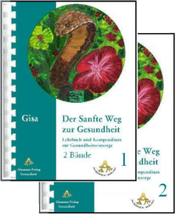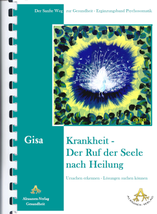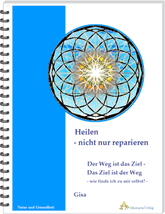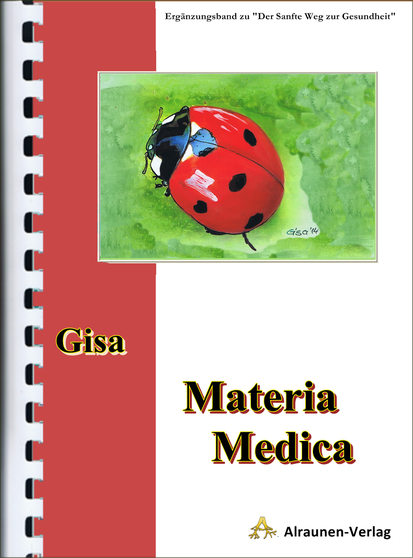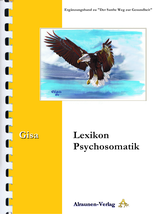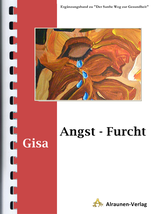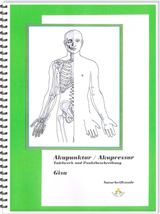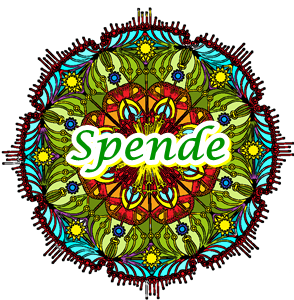Botanical name: Ornithogalum umbellatum Linn.
Family : Liliaceae
Synonyms:
- English: Star-of-Bethlehem, Summer snowflake, Star-flower, Nap-at-noon;
- Spanish: Leche de Gallina;
- French: Ornithogale en ombelle;
- German: Doldiger Milchstern.
Mind/emotions
Grief and poignant sadness after any severe loss. Chronic disheartenment and “locked-in” feelings after experience of grief. Assists in releasing any chronic psychological disturbances after grief or trauma (post-traumatic stress disorder and adjustment disorder, the latter connoting reactions to a less severe trauma). The grievous or traumatic experiences overshadow one’s whole existence, cannot be released. One’s former happiness appears irretrievable; the facts in regard to the loss appear cold and alien. Sense of utter abandonment, of having lost all support or possibility of help; depression of spirits. Avoidance reactions to “numb” one’s receptivity to the full severity of the impact, such as denial (Agrimony), anger (Holly), longing for death (Clematis), resigning and emotional standstill (Wild Rose), sinking into depression (Mustard), resentment and blaming (Willow), criticizing (Beech), and giving in to thoughts of nihilism (Sweet Chestnut); (both, Star of Bethlehem plus the specific remedy are indicated). Lack of rational acknowledgment of limitations, lack of recognizing new possibilities arising from the grief; dominance of emotions.
- MIND – AILMENTS FROM – mental shock; from
- MIND – ANGUISH
- MIND – ANGUISH – pain; from – Stomach
- MIND – GRIEF
- MIND – SADNESS
- MIND – SADNESS – extreme
- MIND – SADNESS – suicidal disposition, with
- MIND – SUICIDAL disposition
Physical
Trauma and shock imprint on each cell of the organism due to psychological and mechanical intrusions; Star of Bethlehem releases this memory. Trauma in mind and body after head injury.
Headaches after grief. Generally subdued organism, loss of healthful functioning. Prostration, tendency to circulatory collapse or fainting, lack of appetite and other gastric disturbances (ulcerative colitis), weight loss, cramped diaphragm and impaired breathing (sighing), heart disturbances, hair loss Moaning and crying during sleep; insomnia. (In homeopathic use, Ornithogalum umbellatum is indicated as well in severe states of “intrusion,” marked predominantly by gastrointestinal ulceration, an agonizing feeling in chest and stomach, and generally depressed spirits. The remedy is prepared from the tincture of the fresh plant.)*
- Deep-sighing respiration
- Ulcerative colitis and Crohn’s disease
- Bronchial asthma with expiratory difficulties
- Gastric and duodenal ulcers – patients with character neurosis
Compare
Gorse: Deep hopelessness, no more incentive to live.
Clematis: Grieves over present lack of happiness, yet dreams of a fulfilled future.
Honeysuckle: Sadness and reminiscences in regard to irretrievable past.
Wild Rose: Apathetic withdrawal after grief, emotional standstill.
Sweet Chestnut: Utter despair over meaninglessness of life; faithlessness.
Mustard: Depression and joyless introversion.
Rock Water: Inner sadness and depression from forgoing playful and pleasurable pursuits, from ruling oneself with an iron fist.
Willow: Grief from being treated unfairly.
Beech: Criticism of the grievous event to avoid experiencing the severity of the impact; grief over loss of a former state of perfection that now has been displaced by a less perfect reality.
Homoeopathic Medicine and star of bethlehem
Ignatia amara: Severe grief after sudden disappointments, romantic reversals, severe experience of loss; emotions are held inside, taciturn, does not want to cry; headaches from grief; weight upon the chest and deep-sighing respiration, asthma; heart palpitations from grief; spasms and cramping, prostration; moaning during sleep; dreams of waves breaking over self, as if drowning in sorrow.
Aurum metallicum: Depression and compression throughout organism, burdening grief after severe loss, after disappointments in love, or after humiliations; suicidal ideation, cannot release pain; darkening of consciousness, gloominess, after grief or head injury; serious mood; chest feels as if encased in armor; heart palpitations from grief; (deep-seated bone pains); moaning during sleep; insomnia.
Phosphoricum acidum: Emotional standstill after grief or disappointment in love; resignation and indifference; headaches with a heavy feeling on top of head; (grief leading to hair loss or premature grayness); ulcerative colitis; (diabetes); collapse states and weakness.
Causticum: Grieves over losses, often coupled with outcry against injustice received or witnessed; intensely sympathetic for others; asthma from intense or suppressed emotions; colitis; (indurations of tendons, slowly progressing paralysis).
Crocus sativus: Tendency to sadness, yet also great changeability of symptoms; laughing alternates with sadness or anger; deep-sighing respiration, heavy feeling around heart; heart palpitations; weakness with fainting fits; (feeling as if something alive in various internal organs, also in right breast).
Colchicum autumnale: Grieves from being mistreated by others; unsupportable suffering; appetite vanishes, odors of food nauseate, especially of eggs and fish; heart palpitations; difficulty of respiration, oppressed chest; intestinal catarrh, dysentery, much withheld abdominal gas; weariness (rheumatic and arthritic complaints).
Opium (Papaver somniferum): Complaints from trauma or fright, consequences of head injury; darkening of consciousness, drowsy state, almost blissful; also nervousness and impatience; (flushed face); chronic bowel obstruction and inactivity from trauma, especially in small intestine; prostration and fatigue; insomnia.
Natrum muriaticum: Locked-in emotions after grief, introversion and dwelling on adverse or grievous experiences; sensitive and vulnerable; bears grudges; headaches from grief; asthma, sighing; heart palpitations; gastric ulcers from not being able to work through grief, colitis; insomnia from recollection of hurtful events; head injury.
